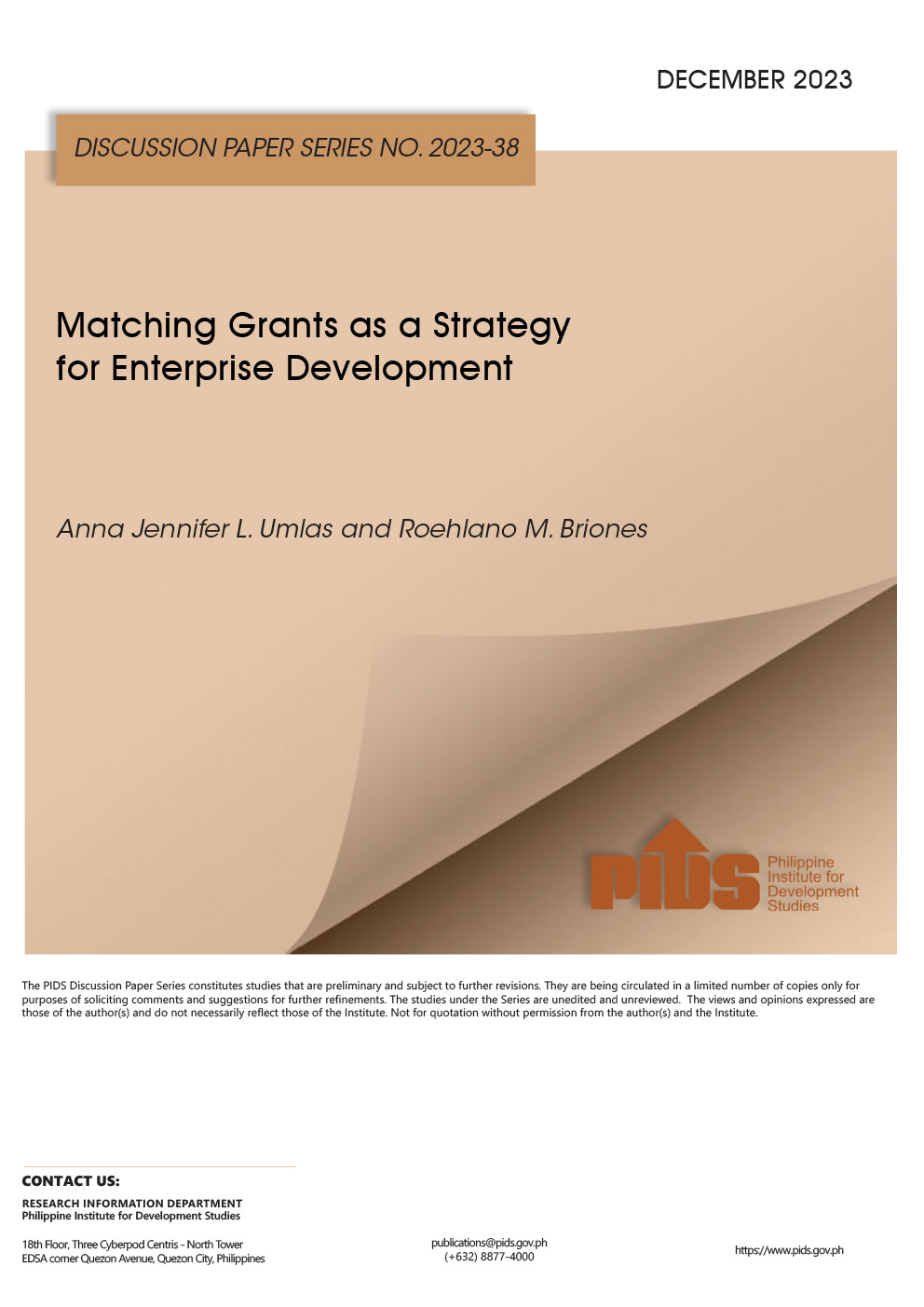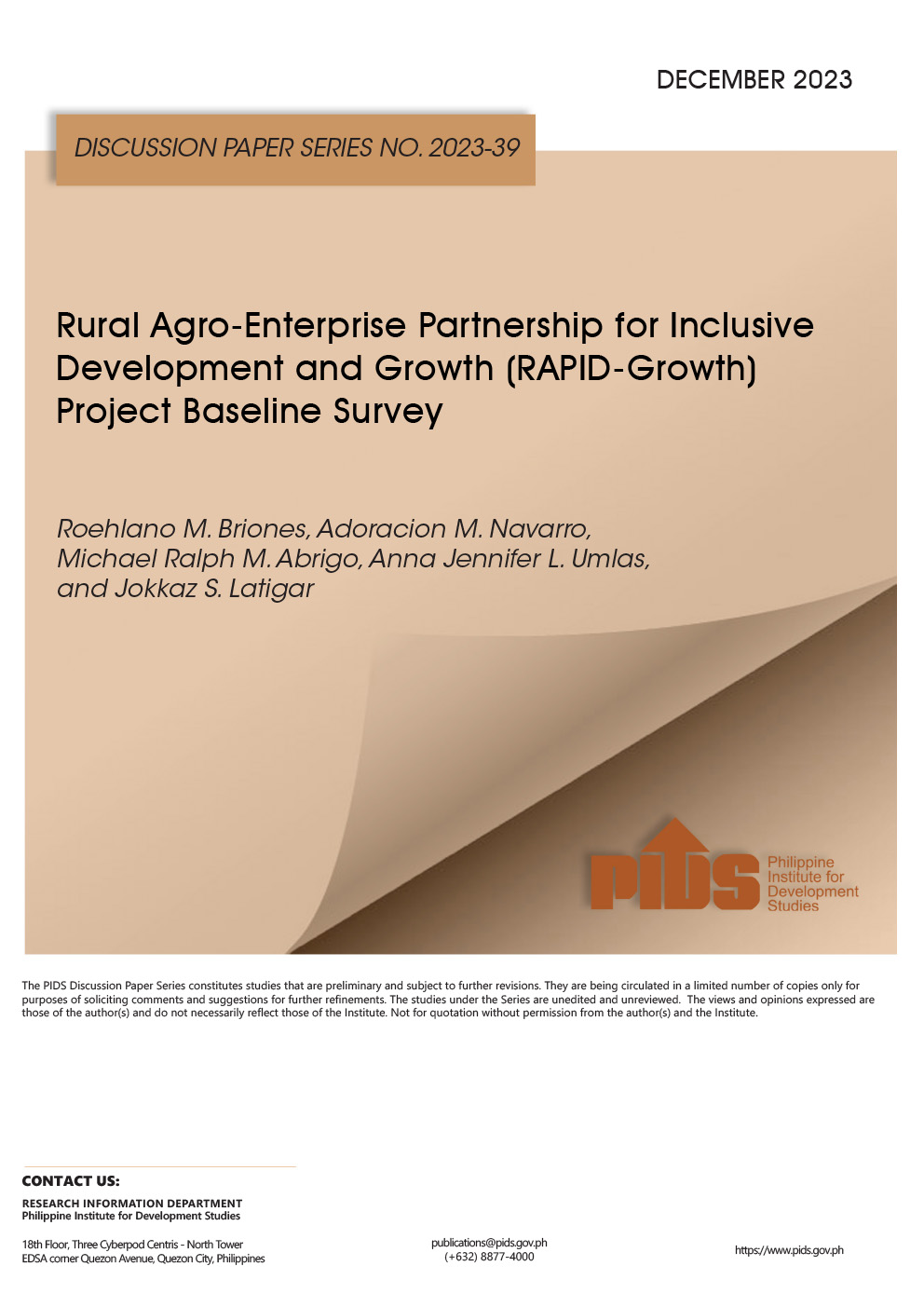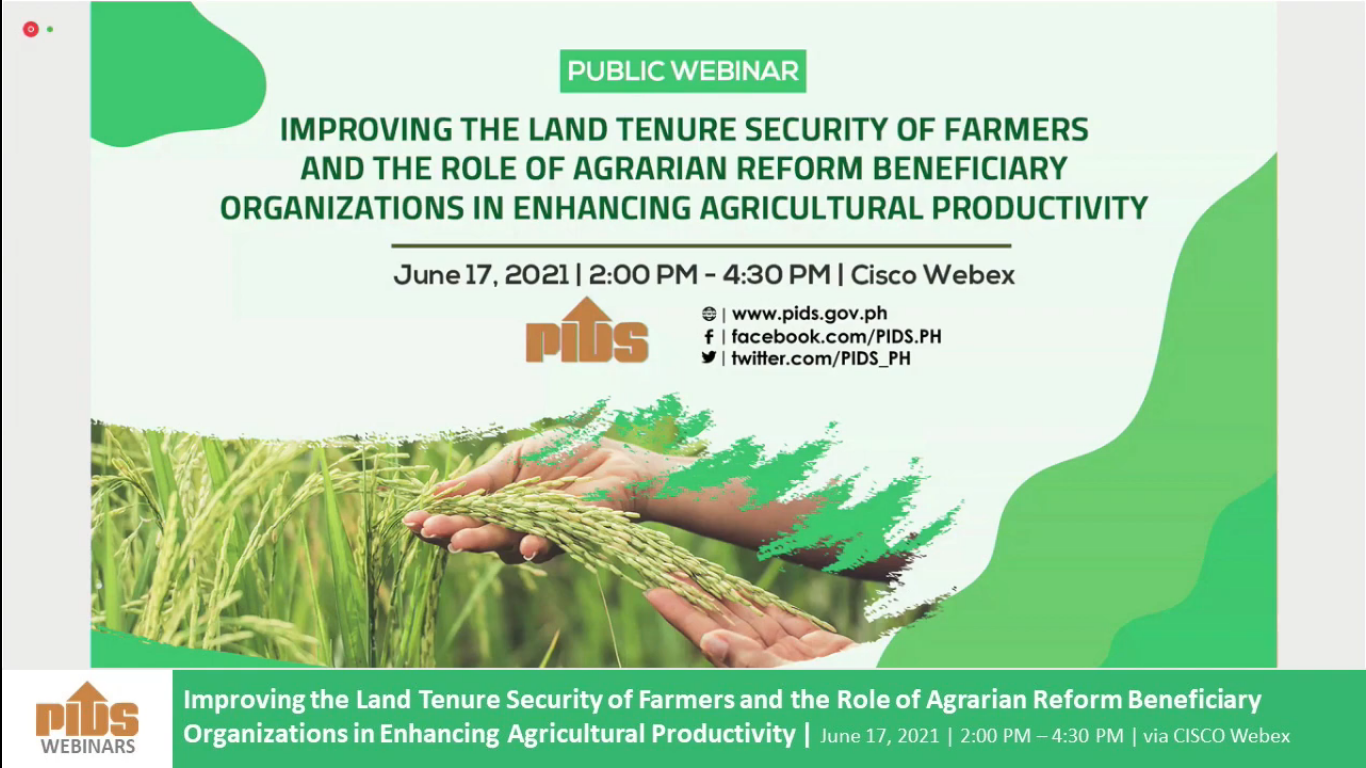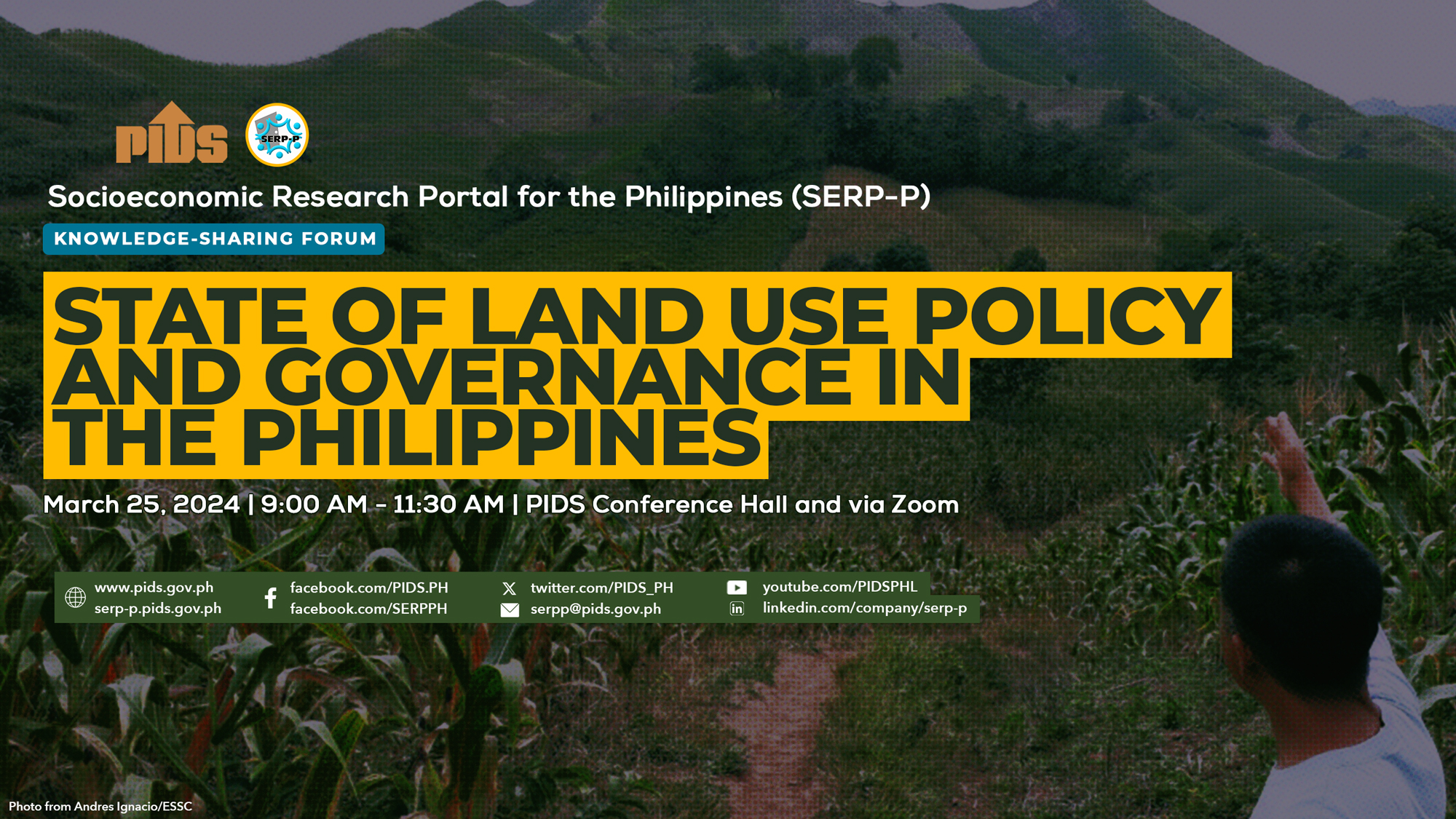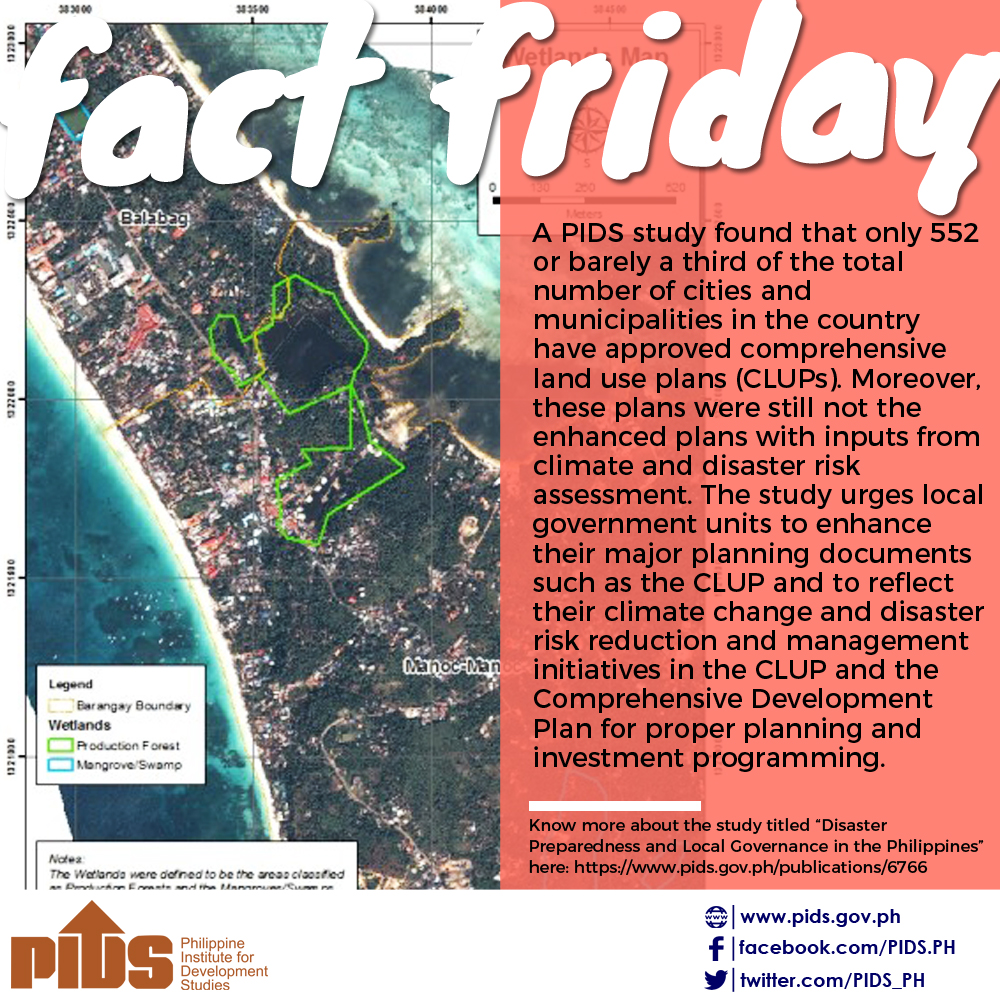President Ferdinand “Bongbong” Marcos, Jr. (PBBM) says that he wants to be known as the “agriculture President.” In New York, when he was asked in an Asia Society forum what he wants to accomplish during his six-year term, he replied “for not a single Filipino to be hungry.”
This is a noble and exceptional aspiration because agriculture has been the sick sector of the Philippine economy for decades. Increasing the sector’s contribution to gross domestic product (GDP) growth and making food affordable to every Filipino, goals no president has achieved, will be a remarkable and fantastic achievement.
Achieving the goals will become more challenging because the country faces a near-term food crisis. The war in Ukraine, a changing global climate that has caused droughts in China, Europe, and California, higher oil and fertilizer prices, Typhoon Karding, and a possible rice cartel formed by rice exporting countries Vietnam and Thailand together with a rice export ban by India, threaten our food security and may drive food prices, including rice, higher in the last quarter.
It’s therefore not an easy task that PBBM has set up for himself.
However, if PBBM doesn’t take the bull by the horns, he is setting himself up for a gigantic failure.
What do I mean?
I mean that the primary binding constraint in the development of Philippine agriculture is land fragmentation. The answer to our agricultural woes is farm consolidation and modernization. Nothing else. All other efforts will fail.
More so if he relies on the government and the Department of Agriculture (DA) to solve problems. Experience and studies have shown that the DA is dysfunctional, inefficient, and corrupt. Therefore, increasing the DA’s budget or announcing new government-directed programs, like reviving the National Food Authority’s trading operations, won’t be the answer. It may be too late if he realizes this after six years because he would have failed by then.
The central problem of agriculture is that there are too many farmers marginally tilling small parcels of land (average of 1 hectare or less.) Many farmers are just producing enough for their consumption. Many farmers too are just part-time farmers because farming isn’t profitable and they have to earn non-farm income, such as driving tricycles.
That there are too many small farmers working on atomized farmlands causes other problems down the supply chain line. Volumes are just too small to ship economically. Ask domestic shipping companies and they will tell you that their prices are high because agriculture produce volumes are too low. There are indeed middlemen that can aggregate these small volumes but the transaction costs of dealing with many small farmers are too high.
Middlemen or traders have also inordinate power over the farmers and are criticized for exploiting them. With so many small farms, the power dynamics are skewed toward the trader.
Therefore, the government must promote land and farm consolidation to create bigger, better-managed farms. Commercial farming or agri-business, in other words. We need bigger farms that can use science, technology, capital, and management to increase agricultural production and produce for profit.
However, creating bigger and better-managed farms is impossible under the Comprehensive Agrarian Reform Law (CARL). Successful farmers are not allowed to expand beyond five hectares. Often, farms get subdivided into ever smaller plots of land with each succeeding generation.
It’s good that PBBM has included debt condonation of agrarian reform beneficiaries as part of his legislative agenda. Most agrarian reform beneficiaries (ARBs) (at least 75%) don’t pay anyway. Debt condonation won’t affect government finances because it will just involve an accounting write-off in the government’s balance sheet.
More importantly, farmers will be free to sell or lease their lands because, under the law, they aren’t allowed to do so until their loans have been fully paid. The theoretical effect of debt condonation is a more vigorous and freer land rental market that will promote land consolidation through leasing.
Other reforms, such as removing the Department of Agrarian Reform (DAR) clearance for rural land transactions and transferring the monitoring of land retention limits to the Land Registration Authority rather than DAR, converting Certificate of Land Ownership Awards (CLOAs) into fee simple titles, and scrapping notices of coverage if the DAR fails to acquire lands within one year, can also help reduce transaction costs and create a more efficient and friction-less rural land market.
However, debt condonation won’t be a cure-all. Only mega-corporations like Dole or Del Monte can pay rent. Small- and medium-sized farmers prefer share tenancy although this isn’t allowed under the law. It’s being done anyway, according to Dr. Marife Ballesteros of the Philippine Institute of Development Studies (PIDS). Share tenancy rather than fixed rental makes sense for the small farmer without capital because of the vagaries of farm production, affected by weather, pests, and other unforeseeable factors.
Ideally, land consolidation through ownership must also be promoted. Farmer families would rather own the land rather than rent it so they can pass it to succeeding generations. Increasing the land retention limit to 24 hectares will lead to more family-owned agribusiness ventures.
Moreover, there’s another compelling reason why land consolidation through ownership should be promoted: lessees tend to overfertilize the land because they don’t own it, thereby degrading the quality of the soil, and its productivity, over the long term.
Why 24 hectares? Because that was the size allowed for homestead and agricultural patents under the 1935 Constitution. In other words, the 1935 Constitution fathers thought that that size would constitute a good-sized, economical family farm. Studies by the University of Asia and the Pacific economists led by Dr. Rolly Dy bear this out. Ideally, there should be no land retention limit because the market should dictate the limit, but this may be politically unfeasible at this time.
The government can’t shirk promoting land consolidation. To be sure, there will be some form of creative destruction with more efficient farmers displacing less efficient ones. Farmers who sell or lease their lands can earn higher incomes by becoming farm workers on much bigger but more productive farms, or as factory workers in secondary cities. In China, their industrialization took off because farmers and rural workers were encouraged to move to the cities to work in labor-intensive factories where their incomes were higher and more stable. Therefore, we need to amend our labor laws and ease our labor rigidities even as we promote land consolidation.
In the short term, the government has no choice but to liberalize food importation — the expansion or removal of quantitative restrictions on corn, sugar, chicken, pork, and fish because domestic production is far short of demand. It will also send a powerful signal to farmers to become more efficient. (An undervalued currency can protect them in the meantime.)
However, import liberalization must be accompanied by similar liberalization and deregulation of the rural land markets because, for example, sugar farmers can rightfully complain that unless they are allowed to bulk up, they can’t compete. Agricultural economist Dr. Karlo Adriano has shown that the bigger the size of the sugar farm, the lower its cost of production. Sugar farms of sizes 100 hectares or more produce sugar at costs close to Thailand’s. Ergo, size matters. Unfortunately, due to CARL, the bulk of sugar farms, about 85%, have become five hectares or less.
The Department of Agriculture under former Secretary William Dar was aware of the problem of land fragmentation weighing on agricultural productivity and sought to promote farm consolidation. However, it tried promoting it without removing the restrictions imposed by CARL, through block farming and cooperatives. It failed miserably.
A similar fate awaits President Bongbong Marcos’ aspiration to be the agriculture president if he doesn’t take the bull by the horns. True, his father imposed land reform, but only for rice and corn lands and without the restrictions on agricultural land imposed by the post-EDSA government of former President Cory Aquino.
The CARL succeeded as a land distribution program to quell the domestic insurgency. As a program to increase productivity, it has failed. Thirty-one years after CARL, our people remain hungry, and our farmers have become impoverished landlords.
The majority of Filipino voters elected PBBM to correct this “leftist-Yellow” historical economic policy error (“social justice” as asset distribution without economic freedom). PBBM cannot shirk that responsibility. He will either end up a great President who has redeemed his father’s name by fulfilling his dream of not a single Filipino going hungry, or give substance to his critics who see him as a dilettante.
Greatness comes from making tough, but right choices. In agriculture, PBBM will face these choices soon enough. We pray that he makes the right decisions.

